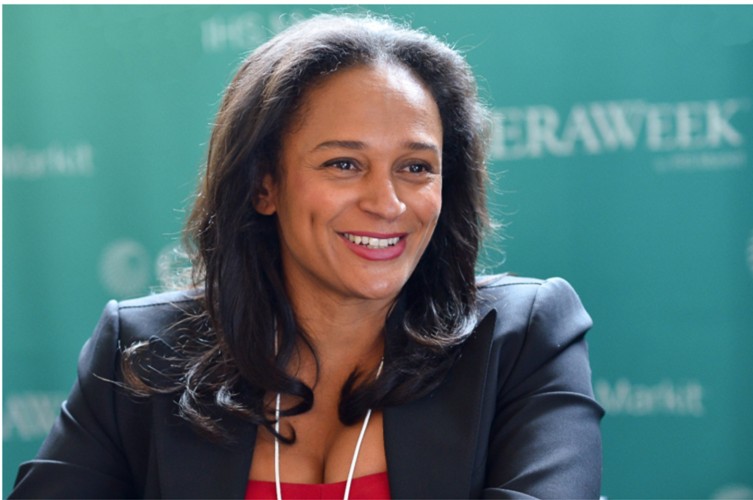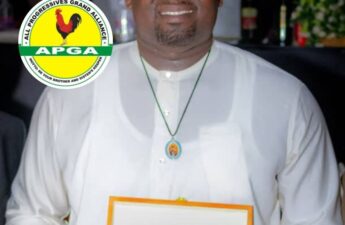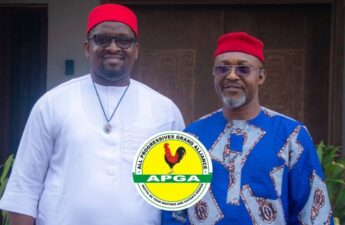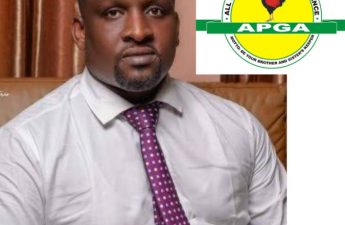Leaked documents have allegedly revealed how Africa’s richest woman, Isabel dos Santos, made her fortune through exploiting her own country, and corruption.
Isabel dos Santos, daughter of former Angolan president got access to lucrative deals involving land, oil, diamonds and telecoms when her father was president of the southern African country rich in natural resources.
The documents show how she and her husband were allowed to buy valuable state assets in a series of suspicious deals.
Angola’s prosecutor general, Hélder Pitra Grós, said on Angolan public radio on Monday that the country would use “all possible means and activate international mechanisms to bring Dos Santos back to the country”.
Dos Santos left Angola in 2018 after her father stepped down as president. She has denied any wrongdoing.
The former president’s daughter has made the UK her home and owns expensive properties in central London.
She is already under criminal investigation by the authorities in Angola for corruption and her assets in the country have been frozen.
Andrew Feinstein, the head of Corruption Watch, says the documents show how Ms Dos Santos exploited her country at the expense of ordinary Angolans.
“Every time she appears on the cover of some glossy magazine somewhere in the world, every time that she hosts one of her glamorous parties in the south of France, she is doing so by trampling on the aspirations of the citizens of Angola.”
The ICIJ have called the documents the Luanda Leaks.
António Henriques da Silva, the president of the board of Aipex, Angola’s investment agency, said: “There is a clear separation of judicial and executive powers. We are reaching a point where people are sensitive towards transparency and good governance and equal rights.”
Da Silva said investors wanted to see the country was tackling practices that could be perceived as unethical.
“This is a person who took advantage of her position,” he alleged of Dos Santos. “If the money was invested in the population, in people who do not have access to education or health in Angola, it could save lives.”



